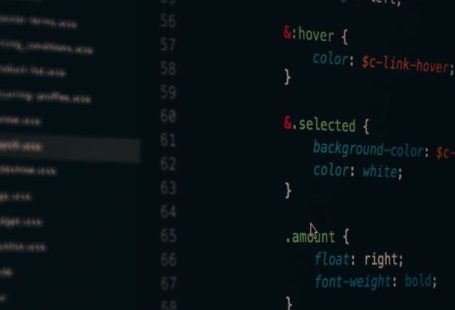Calculus is a branch of mathematics that deals with the study of rates of change and accumulation. It is a powerful tool used to analyze and understand complex systems in various fields such as physics, engineering, economics, and biology. By studying calculus, we can gain insights into how things change and how they are connected. Let’s delve into the world of calculus and explore how it is applied in real-world scenarios.
### The Fundamentals of Calculus
At its core, calculus is divided into two main branches: differential calculus and integral calculus. Differential calculus focuses on the concept of derivatives, which represent the rate of change of a function at a given point. Derivatives are used to analyze motion, growth, and many other phenomena that involve change. On the other hand, integral calculus deals with integrals, which are used to calculate the accumulation of quantities over a certain interval. Integrals are essential for finding areas, volumes, and solving problems related to accumulation.
### Real-World Applications
#### Physics:
One of the most prominent applications of calculus is in physics. Calculus is used to describe the motion of objects, the flow of fluids, and the behavior of electromagnetic fields. For example, when calculating the velocity of an object at a specific moment or determining the total distance traveled by an object, calculus plays a crucial role.
#### Engineering:
In the field of engineering, calculus is indispensable for designing structures, optimizing systems, and solving complex problems. Engineers use calculus to analyze stresses in materials, design efficient electrical circuits, and model the behavior of dynamic systems. Calculus provides engineers with the tools to make informed decisions and create innovative solutions.
#### Economics:
Economists utilize calculus to model relationships between variables, optimize decision-making processes, and analyze market trends. Calculus helps in understanding how changes in one variable affect others and enables economists to make predictions about the future based on current data. From determining optimal production levels to analyzing supply and demand curves, calculus is a powerful tool in the field of economics.
#### Biology:
In biology, calculus is used to model population growth, analyze genetic patterns, and understand the behavior of biological systems. By applying calculus, biologists can study the rates of change in populations, the spread of diseases, and the dynamics of ecosystems. Calculus provides a quantitative framework for analyzing complex biological processes and making informed decisions in research and healthcare.
### The Impact of Calculus
The impact of calculus extends beyond specific fields of study and has transformed the way we approach problems and understand the world around us. By providing a systematic method for analyzing change and accumulation, calculus has revolutionized scientific discoveries, technological advancements, and economic theories. The principles of calculus underpin many aspects of modern society, from engineering marvels to medical breakthroughs.
### Embracing the Power of Calculus
As we navigate the complexities of the modern world, the study of calculus becomes increasingly relevant and essential. By mastering the principles of calculus, we can unlock new possibilities, solve challenging problems, and gain a deeper understanding of the interconnectedness of systems. Whether you are a student, a professional, or simply curious about the world, embracing the power of calculus can open doors to endless opportunities and discoveries.
### In Summary
Calculus is not just a mathematical concept; it is a powerful tool that shapes our understanding of the world and drives innovation across various disciplines. From analyzing motion in physics to optimizing systems in engineering, calculus plays a vital role in shaping our modern society. By exploring the applications of calculus in real-world scenarios, we can appreciate its impact and embrace its potential to revolutionize the way we perceive and interact with the world.





